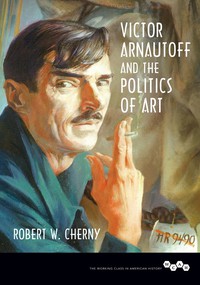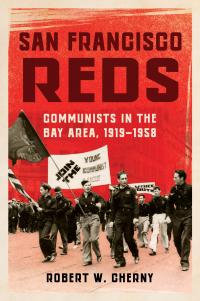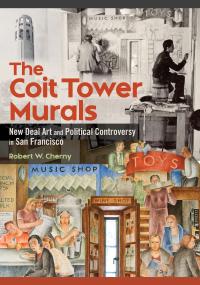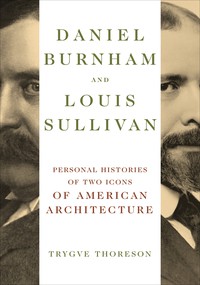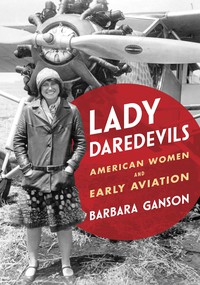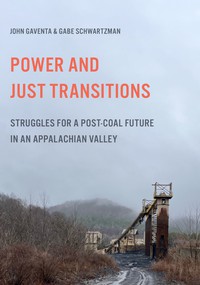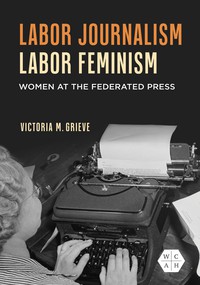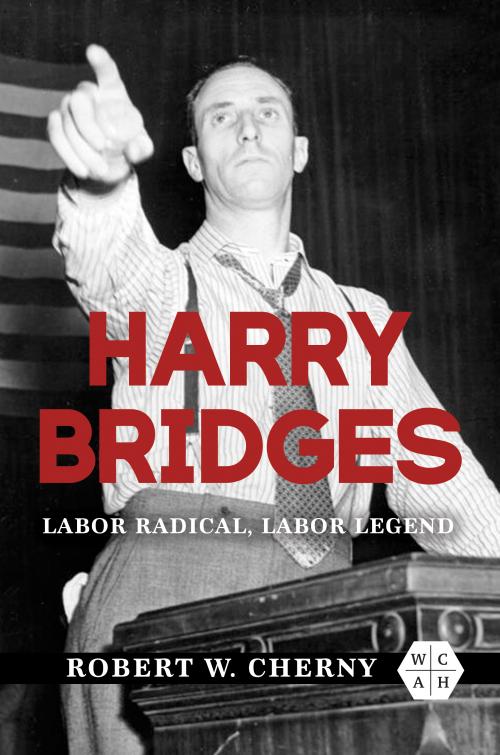
Harry Bridges
Labor Radical, Labor Legend
The definitive work on the union leader and his times
Cloth – $55
978-0-252-04474-8
Paper – $34.95
978-0-252-08802-5
eBook – $19.95
978-0-252-05379-5
Publication Date
Paperback: 01/23/2024
Cloth: 01/10/2023
Cloth: 01/10/2023
About the Book
The iconic leader of a small but powerful union, Harry Bridges was highly controversial within the twentieth-century labor movement. Robert Cherny's monumental biography tells the life story of the figure whose 40-year leadership built the International Longshore and Warehouse Union (ILWU) into a labor powerhouse that now represents some 30,000 workers. Cherny tells this history while examining Bridges's effectiveness as a union leader and the decisions and traits that made him effective. But the ILWU head paid a familiar price for success. The U.S. government repeatedly prosecuted him for his communist leanings while the increasingly anti-left Congress of Industrial Organizations expelled the ILWU. Yet Bridges persevered to guide the union through controversies that included the racial integration of its ranks and mechanization and containerization on the docks. Based on personal interviews with Bridges and years of exhaustive research, Harry Bridges places an extraordinary individual and his union within the epic history of twentieth-century labor radicalism.Reviews
"Cherny was acquainted with his subject and had access to his personal papers, and the result is a highly detailed assessment of Bridges’ legacy." --The Examiner"Robert Cherny’s masterful book is more than a traditional biography. It is as much a history of the ILWU and of west coast labor radicalism as it is a story of one man." --Pacific Historical Review
"The book will appeal to readers interested in labor history related to waterfronts and ports, especially in the American context of the Pacific Coast, state persecution and surveillance of prominent trade unionists and trade unions, and ILWU members seeking to learn more about their own union and those that led it in the past." --The Northern Mariner
"Cherny’s book is undoubtedly the definitive biography of Harry Bridges." --Labor Studies Journal
"The result of over thirty years of research and approaching four hundred pages of text, Robert Cherny’s Harry Bridges is and will likely remain the definitive biography of the larger-than-life labor leader who worked his way across the ocean from Australia, worked on the docks, and ultimately became the most famous maritime labor leader in the history of the United States." --H-Net
"Allows us to revisit a monumental twentieth-century life. Bridges the man may not be widely known, but his philosophy of inclusive, democratic unionism imbues much of today’s most ambitious organizing campaigns, from Starbucks and Amazon to the teachers’ unions in Chicago and Los Angeles." --New York Review of Books
"Cherny's text is about as complete a biography of Bridges as one will find. Politically astute and with a deep understanding of the complexities of labor organizing and union work, the text presents a portrait of a man, his politics, and his steadfast belief in the necessity and potential power of an organized working class. . . . One of the best pictures of labor unionism ever written down." --Counterpunch
"A must-read for students of 20th Century US History." --Labor History
"A detailed account of Bridges’s life and achievements, using not only the extensive government files from his various prosecutions and the ILWU’s voluminous archives but also Bridges’s own papers, a number of interviews with him, and, crucially, CPUSA files in Russian archives. It is unlikely that a more complete story of the man will ever be told." --Commentary
"A monumental achievement. More than thirty-five years in the making, it is exhaustively researched, gracefully written, and comprehensive. . . . Offers tantalizing details that may surprise even those who already know a great deal about Bridges and the ILWU. . . . It should appeal to everyone interested in Harry Bridges, the history of the ILWU, and the American labor movement in general." --ILWU Dispatcher
"A deeply researched biography. . . this book will be valuable to readers interested in labor history, maritime history, the history of American communism, and California history." --Choice
"In Harry Bridges: Labor Radical, Labor Legend, the culmination of thirty-five years of effort, Robert Cherny provides a majestic biography." --New York Labor History
"Robert Cherny has written an extensive and meticulous biography of Harry Bridges, president of the International Longshore and Warehouse Workers Union (ILWU) from 1937 to 1977. . . . Cherny's account of Harry Bridges is a testament to his legacy and effectiveness as a labor leader and to the importance of the left in building a strong labor movement." --Western Historical Quarterly
"The great strength of Cherny’s biography is to demonstrate in intricate detail how rank-and-file democracy becomes a source of power not just in epic confrontations like the Big Strike of 1934, but in the intricate maneuvering that went into building a militant union." --Jacobin
"Robert Cherny, a retired Professor from San Francisco State, has written a new detailed biography of the iconic ILWU leader. He starts with Bridges' early formative years in Melbourne Australia, his time at sea, and then his arrival in San Francisco where he takes up working 'Alongshore' and participates in leading the organizing over 10 years that leads up to the great West Coast maritime strikes of 1934 and the San Francisco General Strike." --Social Policy
Blurbs
"Harry Bridges is little-known today, but he was arguably the most important left-leaning union leader in twentieth-century America. Cherny has written the most comprehensive biography of Bridges that exists--or, I imagine, ever will exist."--Peter Cole, author of Dockworker Power: Race and Activism in Durban and the San Francisco Bay Area
Awards
• Honorable Mention, ILHA Book of the Year, International Labor History Association, 2023• Silver Medal, Regional 08, West Pacific Non-Fiction, Independent Publisher Book Awards, 2024
